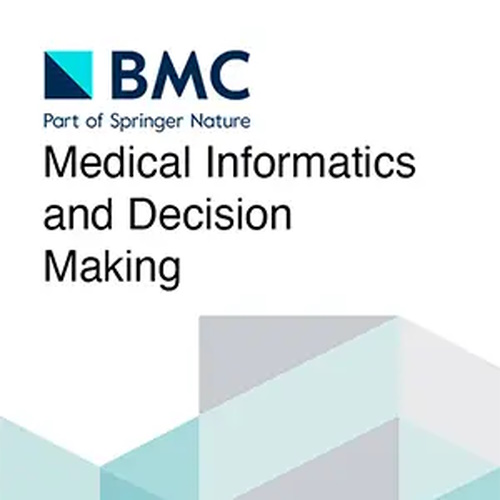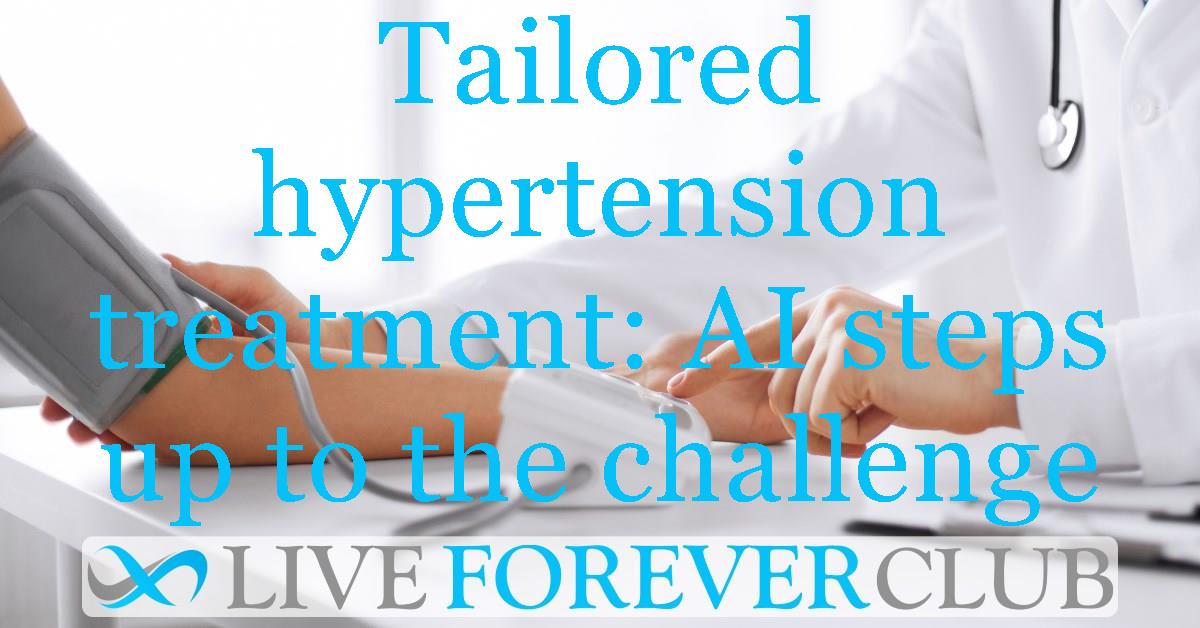Key points from article :
Boston University data scientists and physicians have co-developed an artificial intelligence program to help treat hypertension.
The AI model provides real-time treatment suggestions based on individual patient data, including demographics, vital signs, and medical history.
The model could more effectively reduce systolic blood pressure compared to current standard care, resulting in a 70% larger reduction (equivalent to 6 mmHg).
It offers a personalized approach, suggesting the most appropriate medication for each patient.
The AI model was built using data from 42,752 hypertensive patients from Boston Medical Center and outperformed the current standard of care and three other predictive algorithms in tests.
The program has shown benefits in deprescribing, offering insights into optimal therapies when there's uncertainty over the effectiveness of different drugs.
While machine learning can significantly benefit healthcare, adoption has been slow due to issues with interpreting results and limited trust in AI.
The AI model's transparent approach and tailored care for underrepresented populations could help overcome these adoption challenges and improve patient outcomes.
Research published in BMC Medical Informatics and Decision Making.







